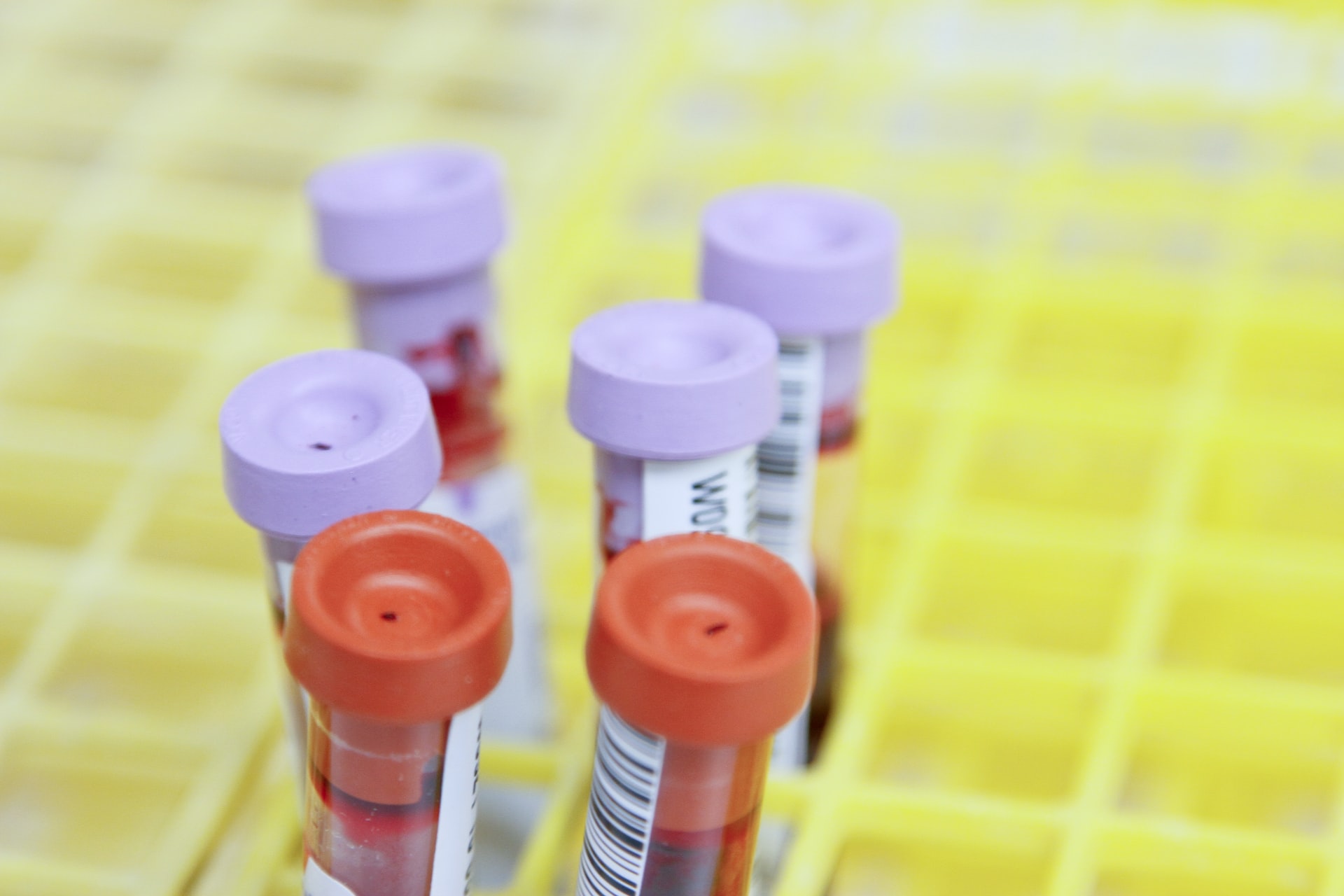
Blood Tests:
A blood test is an analysis of the blood sample in the laboratory. We can get the blood mainly from veins in the arm via finger prick or hypodermic needle. Almost all of us go through blood testing at least once in our life.
Blood tests are a great indicator of the body’s overall health. Doctors recommend getting routine blood checkups at least once a year.
To detect pathologies and infections, doctors prescribe the blood tests according to different requirements.
In this blog article, we will explain the different types of blood tests.
1. CBC (Complete Blood Count):
A CBC is a test related to blood cells.
CBC includes:
Indications of CBC are to diagnose:
2. Comprehensive metabolic panel:
CMP indicates seven items in the blood:
ALT and AST are liver enzymes, which indicate the problems related to liver functioning. These levels can go up due to certain medications for other health problems.
Higher levels of alkaline phosphate can show liver blockage or problems with bone metabolism.
The liver produces the bilirubin. An increase in the level of bilirubin can indicate gallstones or blockage of bile ducts.
Albumin is a significant protein present in the bloodstream. The liver synthesizes the albumin. Low albumin levels can indicate liver problems and malnutrition.
Blood tests aren’t the gold standard for assessing calcium levels through the blood. Higher or lower calcium levels indicate any cognitive dysfunction or underlying health conditions.
3. Basic metabolic panel:
Doctors advice basic metabolic panel to measure seven or eight electrolytes as:
Indications of a basic metabolic panel are to diagnose:
4. C-reactive protein test:
In the case of tissue inflammation, the liver produces CRP. Higher levels of CRP indicates the following problems:
CRP levels of more than 10mg/L can indicate an extremely high risk of developing heart diseases.
5. DHEA-sulfate serum test:
DHEA (dehydroepiandrosterone) comes from our adrenal glands, which develop body traits as the growth of body hair.
Higher levels of DHEA indicate:
Lower levels of DHEA indicate:
6. Coagulation panel:
This type of blood test measures the ability of blood clotting.
Indications of coagulation panels are to diagnose:
Results may vary depending upon your health and underlying conditions, which can affect the mechanism of blood clotting.
7. Sexually transmitted disease tests:
Sometimes, doctors advise the blood tests to diagnose STDs. Blood tests can be helpful to diagnose:
In the case of infections, blood tests can not show its presence right after the contraction.
For example,
In HIV, we need to wait one month after contracting infection to detect the virus.
8. Enzyme markers:
Blood tests for common body enzymes (proteins to proceed with chemical processes in the body) are:
9. Thyroid panel:
A thyroid function test to assess:
10. Lipid panel:
A lipid panel is helpful to assess levels of two body cholesterols:
HDL is good body cholesterol, which removes toxicity from the body.
While LDL is bad body cholesterol, which causes the plaques inside arteries and increases the risk of heart diseases.
